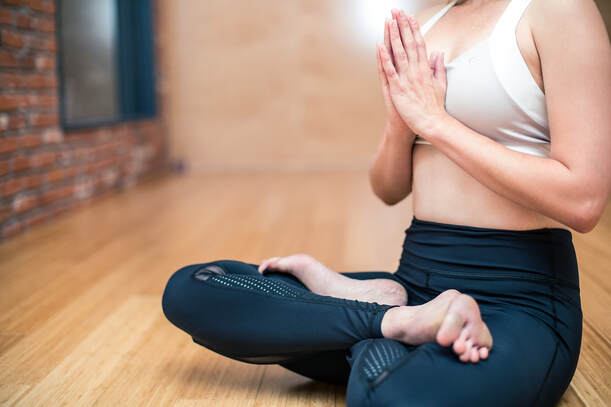Morning Meditation: What It Is & How to Do ItWhat is morning meditation? Why should you meditate in the morning? Here's what you need to know about morning mediation and how to do it.
*This page may include affiliate links; that means I earn from qualifying purchases of products.
Do you ever feel like Atlas holding up the sky on your shoulders? Do you ever look for a motive to get you out of bed? Well, meditation is what you’re looking for!
Morning meditation is the relief we all need to face the day ahead! If you’re looking to know more about meditation, how it’s good for you, and why mornings are always best, read on. Reasons to Meditate in the MorningOf course, meditating at any time of the day is good for you. Nonetheless, if we got to choose a time, the morning would be best!
Meditation in the Morning Versus at NightWhy not meditate at night? We all understand how hectic a day can be. And how sometimes all you need at the end of the day is to crawl into the comfort of your bed. So, meditating in the morning guarantees you get it done.
Are You a Therapist, Coach, or Wellness Entrepreneur?
Grab Our Free eBook to Learn How to
|
Are You a Therapist, Coach, or Wellness Entrepreneur?
Grab Our Free eBook to Learn How to Grow Your Wellness Business Fast!
|
Terms, Privacy & Affiliate Disclosure | Contact | FAQs
* The Berkeley Well-Being Institute. LLC is not affiliated with UC Berkeley.
Copyright © 2024, The Berkeley Well-Being Institute, LLC
* The Berkeley Well-Being Institute. LLC is not affiliated with UC Berkeley.
Copyright © 2024, The Berkeley Well-Being Institute, LLC



